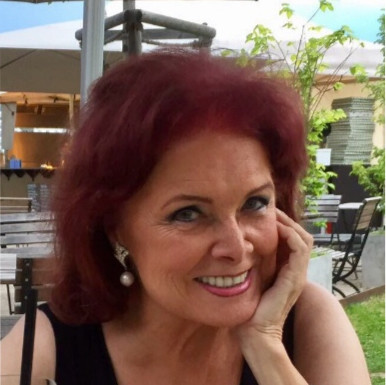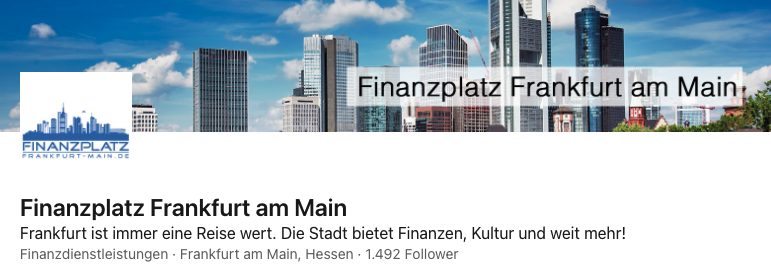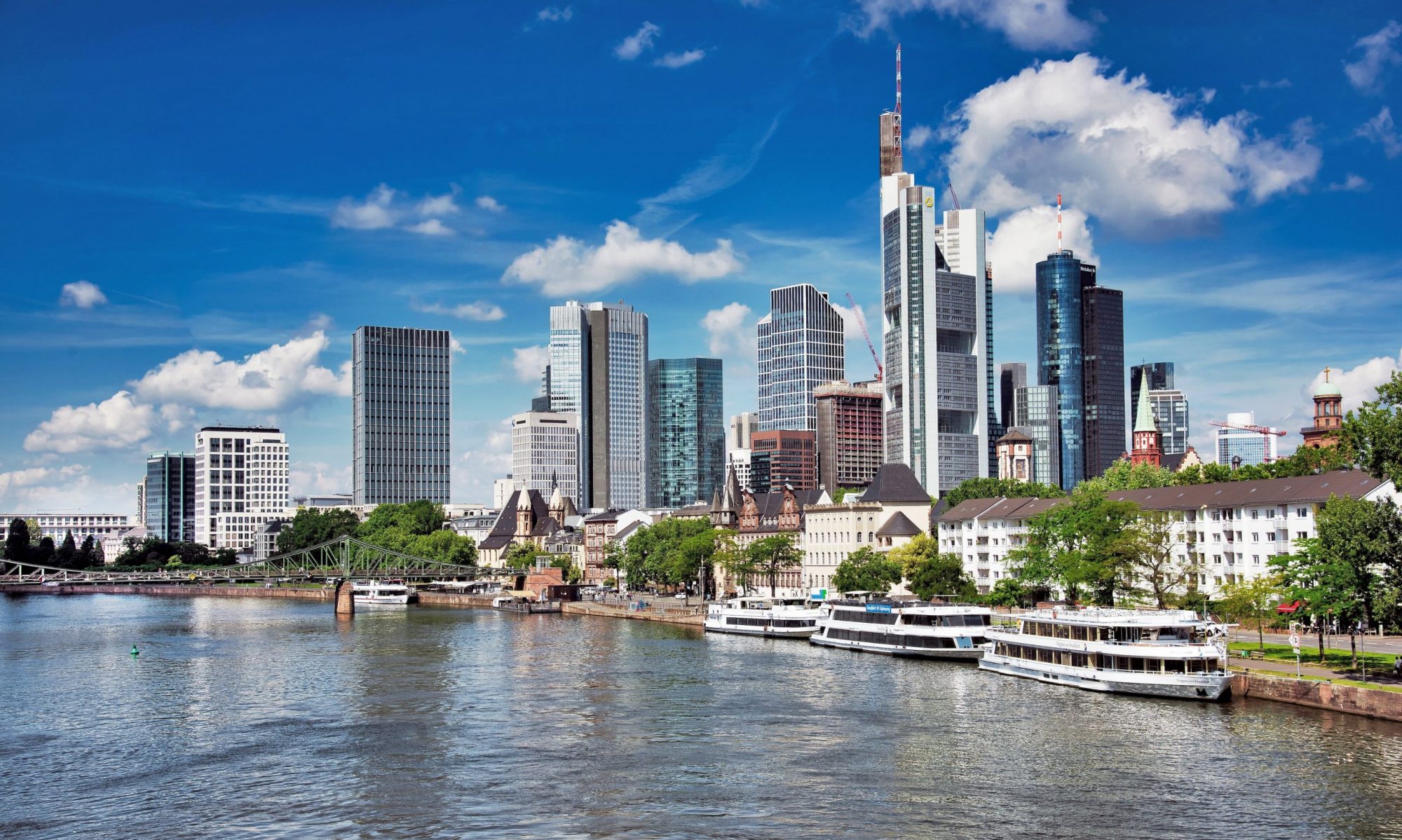“Jewish life in Frankfurt” – This is also the title of the brochure that has just been published by the City of Frankfurt, Department of Finance, Participations and Churches in cooperation with the Jewish Community of Frankfurt and which is about common history, discovering, experiencing and also remembering. The mayor as well as the head of the church, Uwe Becker, and the chairman of the board of the Jewish community have written committed words of greeting.
Jewish life in Frankfurt has a great tradition going back almost 900 years. The historical traces of Jewish life can also be traced in Frankfurt’s wonderfully restored old town. The horrific expulsion and murder of Frankfurt Jews in the Holocaust left terrible scars on our urban society. After 1945, there were only a few Frankfurt Jews who also returned to their destroyed hometown; before 1933, the Jewish community consisted of 30,000 members and embodied the most significant era of Jewish activity up to that time.

It was not until 1864 that Jewish Frankfurt residents gained full equality and the community grew; in 1882 the synagogue on Börneplatz (destroyed by the Nazis, who then built a high-rise bunker over it) was consecrated, and in 1910 the Westend Synagogue. Today the Jewish community has about 7,000 members and is the second largest in Germany. In 1986, the Jewish Community Center was opened, which is now called the Ignatz Bubis Center. This center, like other buildings here, makes Jewish life in the city “alive” again. The Jewish kindergarten, the Lichtigfeld School, the Jewish sports club TUS Makkabi in the heart of Frankfurt, and the Jewish Museum, which was reopened in October with its impressive bright new architecture, are also very noticeable and visible.
CORONA, LOCKDOWN, AND MUSEUM
“Closedbutopen” was the motto for the Jewish Museum during the second lockdown until its radical closure. It is the oldest Jewish Museum in Germany and focuses on 800 years of Jewish history in Frankfurt. It was rebuilt for five years until it opened on Oct. 21, 2021, with a rather ascetic ceremony in the Alte Oper, allowed with hygiene measures due to the pandemic. The Jewish Museum has its own YouTube channel with many informative and worth seeing films, it is present on Twitter, Facebook, Instagram with daily posts, all of which are stimulating and make curious to visit – at present and later.
CULTURE, EVENTS, AND CURIOSITY
Frankfurt, as a small but decidedly powerful metropolis, now also features Jewish Film Days in May and Jewish Culture Weeks in September. Jewish life in its diversity is not limited to the aforementioned buildings but takes place everywhere in Frankfurt because there is an impressive range of Jewish institutions and activities here. One example is the Frankfurt Schönstädt Lodge, B’nai B’rith, which was founded in 1888 as the 20th B’nai B’rith Lodge in Germany and whose members were highly active and volunteered for the common good. Banned during the Third Reich, it was re-founded in Frankfurt in 1961 – with changed tasks but always remaining true to its ideals and values.
In the beautiful old rooms of the lodge, cultural events of various kinds take place at regular intervals, which are very popular in the city society.
Jewish life in Frankfurt is also embodied by the brothers James and David Ardinast. They enrich the gastronomic and nightlife culture of our city with many restaurants such as the “Stanley Diamond” or the “Bar Shuka” in Niddastraße. Another example of this diversity is the Jewish Community Center for the Elderly, nursing home with a residential facility for the elderly, and the Henry and Emma Budge Foundation Care Center, which is open to Jews and Christians alike. Both facilities also offer numerous cultural events, which many Frankfurt residents enjoy attending. Representative of many activities within Jewish life in Frankfurt is the Interfaith Choir, which is jointly organized by two choirmasters, the Protestant cantor Bettina Strübel and the Jewish Chasan Daniel Kempin, which signifies another facet.
Perhaps the readers of this article have become curious about many more Jewish traditions and stories of our city Frankfurt am Main, freely according to the motto: “A new kind of thinking is necessary if mankind wants to live on” (Albert Einstein).
Eva-Maria Klatt, retired senior lecturer, Deputy Chairwoman of the DiG Frankfurt (German-Israeli Society)
JEWISH MUSEUM FRANKFURT: www.juedischesmuseum.de



